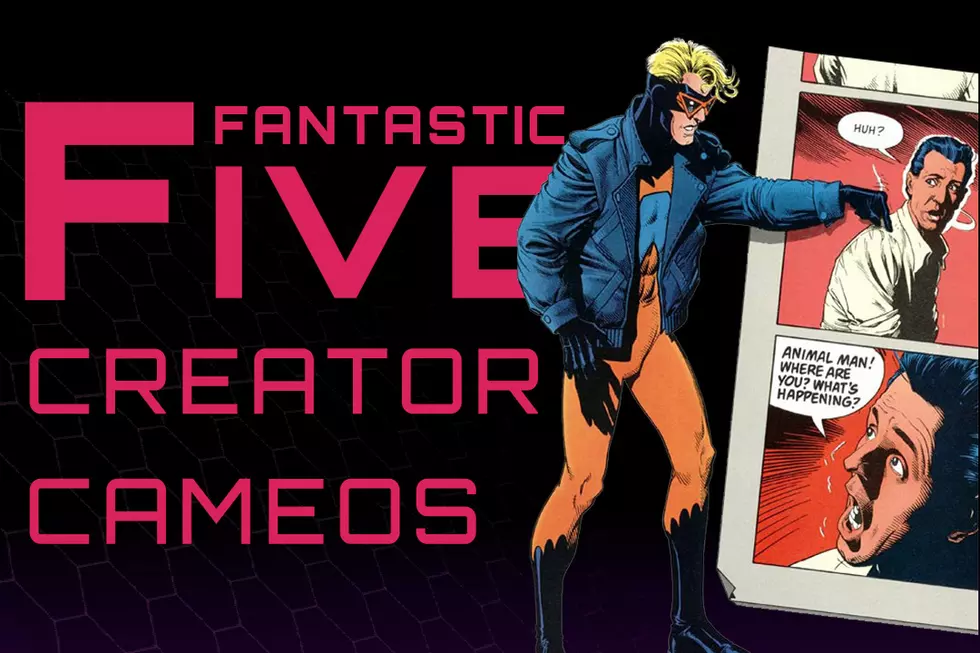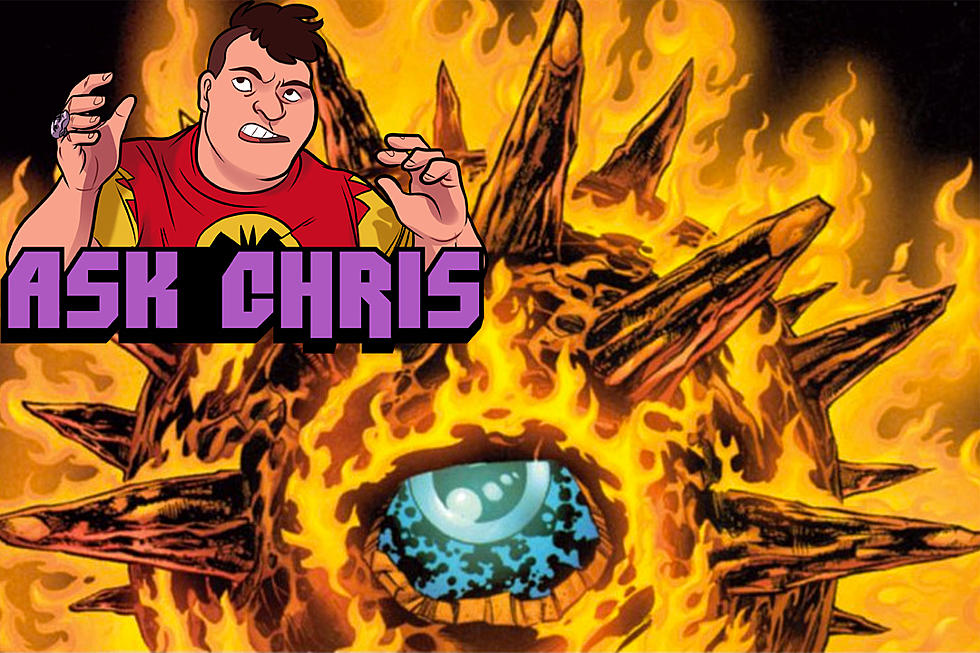
Kirby V. Marvel May Head To Supreme Court, With Powerful Friends In The Kirby Estate’s Corner
The Supreme Court may take up the case of Lisa Kirby v. Marvel Characters to determine whether or not works produced by Jack Kirby and published by Marvel between 1958 and 1963 were work-for-hire. The case could allow the Kirby estate to terminate Marvel's copyright claims to several of its best-known characters, including Captain America, Thor, the Hulk, the Avengers, the Fantastic Four, and the X-Men.
Amicus curiae briefs filed by supporters of the Kirby estate will put pressure on the court to consider the case because of its wider implications for copyright law. Two amicus curiae have garnered particular attention; one by influential intellectual property lawyer Bruce Lehman, and the other by comics historians Mark Evanier and John Morrow.
Bruce Lehman oversaw significant reforms of U.S. patent law while serving as director of the U.S. Patent Office under President Bill Clinton. In his brief he asserts that a previous determination in the dispute wrongly ruled that works created by Kirby during the period in question were produced under work-for-hire terms.
Lehman contends that Kirby was a commissioned contractor, and as such his estate ought to be allowed to terminate Marvel's copyright claim. The case actually began when the Kirby estate attempted to do exactly this in 2009. The Southern District Court of New York sided with Marvel in 2011, and the Second Circuit Court of Appeals rejected an appeal by the Kirby estate in 2013.
The conclusion reached by the courts is that Kirby produced the work in question under direction from Marvel and was duly compensated for it. This is known as the "instance and expense" test, meaning that the work was completed at Marvel's instance and expense.
Bruce Lehman disputes the relevance of the "instance and expense" test on the grounds that it is meant to apply to the work of salaried employees within a traditional employment relationship, and not to commissioned contractors.
Kirby signed documents supporting Marvel's claim that the work was work-for-hire in both 1972 and 1986, but Lehman notes that artists suffer a power disadvantage with publishers that forces them to make concessions if they wish to continue working. Lehman describes this as a predatory practice, and the sort of practice that copyright termination procedures were expressly put in place to protect artists from. On that grounds, Lehman suggests, the Supreme Court should not uphold Marvel's claims.
Lehman's brief is supported by a number of artists' associations and intellectual property rights advocacy groups, as well as more than 200 comics professionals, including Jim Valentino, Sergio Aragones, Gary Trudeau, Bill Griffith, John Kovalic, Kate Beaton, Erika Moen, Jess Fink, John Rozum, Derf Backderf, Hilary Barta, Jimmy Gownley, Steve Bissette, and Chris Burnham.
The Evanier/Morrow brief offers useful historical context to the case,explaining the conditions under which Kirby and other freelancers produced their work. Citing the instability of the comics market -- especially through the Depression and in the wake of the 1954 Senate Subcommittee on Juvenile Delinquency -- the brief notes that a heavy burden of financial risk was placed on freelancers that was not balanced by a commensurate possibility of greater financial reward. The brief also notes that publishers offered no stake in the production of art. They did not pay for time or materials, or offer employment benefits, or guarantee that they would buy the art on completion.
The brief also details many of the circumstances under which Kirby created his best-known characters. It's a useful primer for anyone unfamiliar with this crucial period in comics history.
The point of amicus briefs is to show that there are interests at stake in a case that go beyond those of the appellants. If the Kirby estate's claim to copyright termination is upheld by the Supreme Court, it could have wide-reaching implications for any businesses that rely heavily on the work of freelancers. If the law is meant to provide protection from the sort of exploitation that allows publishers to push risk onto freelancers and retain reward for themselves, the law does a very poor job of it.
It's worth noting here that the term "work for hire" is often used to describe comics created for publishers like Marvel or DC as if in contrast to creator-owned work, but the details of this case suggest that it's a misnomer, and that work-for-hire should only be used to describe work produced by salaried employees. Using it to describe commissioned work assigns authorship to the publisher over the artist, and plays in to the preferred narrative of publishers at the cost of recognizing the rights and risks of freelance creators.
Whatever the wider implications of this case may turn out to be, a victory for the Kirby estate would mean a significant payout to Kirby's heirs. Whether it would terminate Marvel and Disney's right to exploit properties like the Avengers is impossible to gauge.
The Supreme Court has already asked Marvel to prepare a response to the Kirby estate's petition for appeal, and that should be forthcoming soon. Whether or not the Supreme Court will take up the case remains to be seen.
You can read the amicus curae briefs in full at the Hollywood Reporter.
More From ComicsAlliance




![Super7 ReAnimates Alien and Predator, Masters More of the Universe [Toy Fair 2017]](http://townsquare.media/site/622/files/2017/02/IMG_2000.jpg?w=980&q=75)

![The Wild, Tear-Filled World of Heartbreak: The Best Romance Comic Covers Ever [Love & Sex Week]](http://townsquare.media/site/622/files/2017/02/featured1.png?w=980&q=75)


